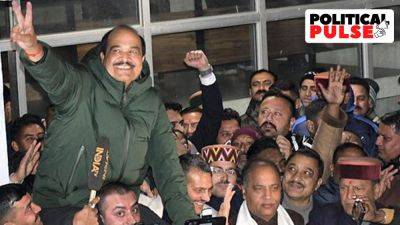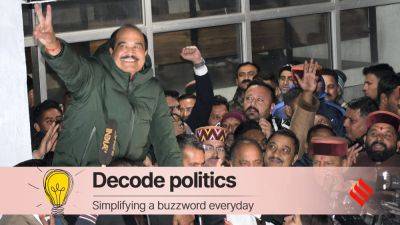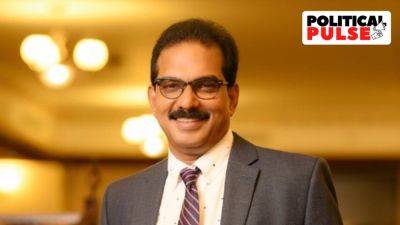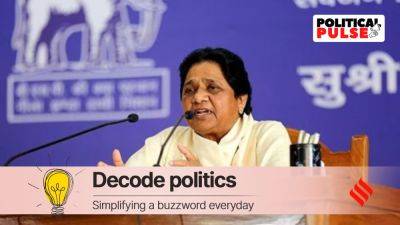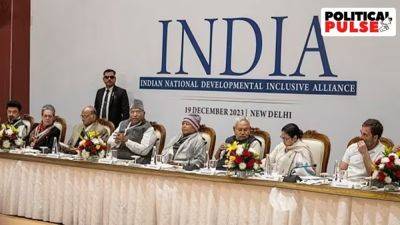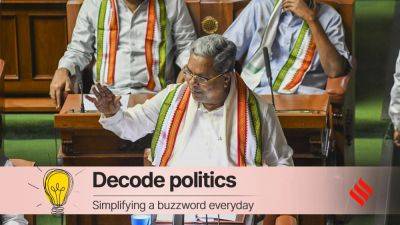Decode Politics: Why Kerala finds itself in court over caste census
AMID THE growing demand for a caste census in Kerala, particularly in the wake of Bihar’s caste survey, the CPI(M)-led LDF state government has told the Assembly that it would take a call on the same only after arriving at a consensus among various communities, and when the Supreme Court takes a final decision on contempt of court petitions pending before it.
Kerala Minister for Welfare of SC, ST, Backward Classes K Radhakrishnan put forward the government stand while replying to a calling attention motion moved by IUML MLA Dr M K Muneer on the need to conduct a caste census in the state.
Urging a consensus, Radhakrishnan said: “The government does not want to abolish or usurp the rights of any segment.”
* What are the cases pending before the Supreme Court?
The Kerala government is facing two contempt of court petitions for its failure to comply with a High Court verdict of 2020, which had asked the state to conduct a survey to identify socially and economically backward classes.
While disposing of petitions moved by two organisations – Manavaikyavedi and a Minority Indians Planning and Vigilance Committee – the High Court had directed the Centre and Kerala to take steps to finalise a study for identification of such groups in the state, and submit a report to the state commission for backward classes. The commission and Centre were further directed to evaluate the study and submit recommendations to the state within six months.
The Centre had moved the Supreme Court challenging the High Court directive, but the apex court had dismissed it. It had, however, allowed a period of one year to execute the high court order.
With more than three years passing without the order being executed, the two petitioner outfits had moved the


